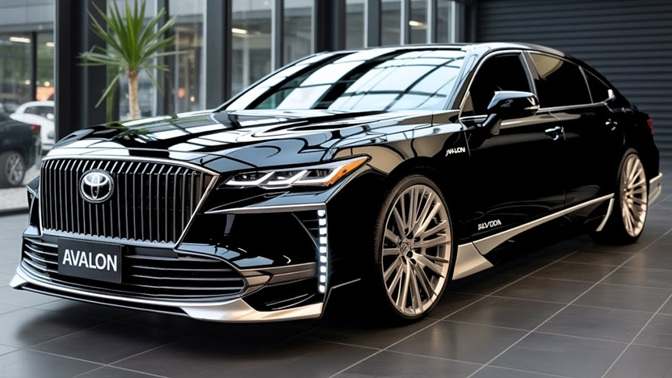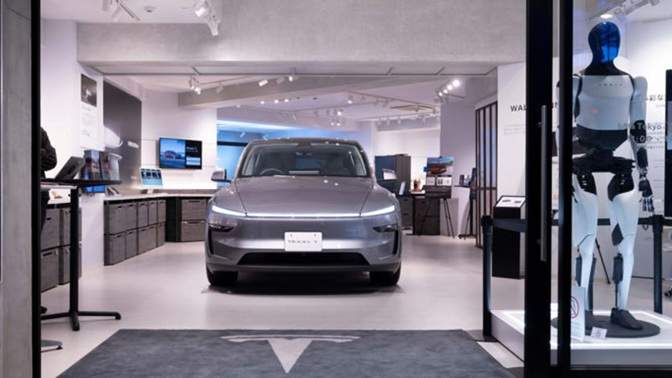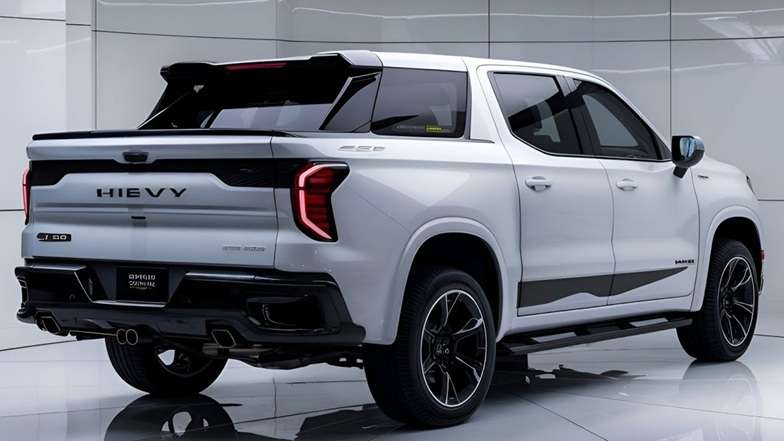For a moment, it looked like Tesla stainless steel beast—the Cybertruck—would dominate the electric truck market. But just months after leading the pack, the Cybertruck has lost its crown. In the first quarter of 2025, Ford’s F-150 Lightning has overtaken Tesla’s electric pickup in U.S. registrations, signaling a shake-up in the battle for EV truck supremacy. So, what’s going on? And what does it say about the future of electric pickups in America? Let’s break it down.

According to the latest data from S&P Global Mobility, Tesla’s Cybertruck recorded 7,126 new registrations in Q1 2025. That’s a solid number, but not enough to keep its lead. Ford’s F-150 Lightning pulled ahead with 7,913 registrations, reclaiming its top spot in the electric pickup segment.
Chevy’s Silverado EV came in third, followed by the GMC Sierra EV, Rivian R1T, and GMC Hummer EV. Since Tesla doesn’t release model-specific sales data, these registration numbers are currently the most reliable way to gauge how the Cybertruck is performing compared to its rivals.
While the Cybertruck made a big splash with its late-2023 debut, its momentum appears to be fading. Deliveries began in November 2023, making Q1 2024 the first full quarter for sales. Despite that head start, registrations declined compared to previous months.
Here’s a quick breakdown:
- Q3 2023: ~16,692 Cybertrucks sold (Cox Automotive estimate)
- Q4 2024: ~12,991 sold
- Q1 2025: Only 7,126 registered (S&P Global Mobility)
- Alternative Q1 estimate: Just 6,404 sold (Cox Automotive)
That’s two straight quarters of declining sales. Not a great look for a truck that was expected to revolutionize the EV space.
Ford’s electric pickup has had a bumpy ride since its 2022 launch, but in Q1 2025, it clawed its way back to the top. With 7,187 units sold, the F-150 Lightning now leads a segment that many assumed Tesla would dominate.
However, this victory isn’t exactly one to pop champagne over. Even the best-selling EV truck in America is struggling to move more than 7,000 units in a quarter. That’s a small number compared to what traditional gas-powered trucks usually sell in the same time frame. Despite all the hype, electric trucks are turning out to be a difficult sell—and a costly one too.

Ford CEO Jim Farley recently addressed the issue directly, saying the economics behind large electric trucks just don’t add up. Why?
- Big trucks need big batteries, which are expensive and make the vehicle heavier.
- Poor aerodynamics reduce efficiency.
- Truck buyers demand versatility—towing, off-roading, long trips—needs that EVs still struggle to meet.
“These customers have very demanding use cases for an electric vehicle,” Farley explained during Ford’s Q4 2024 earnings call. “These vehicles are very heavy, which means very large and expensive batteries.”
Tesla and Ford aren’t the only ones facing challenges.
- Ram has delayed the launch of its all-electric 1500 REV and range-extended Ramcharger again.
- Rivian saw a drop in deliveries compared to both the previous quarter and last year.
In short, nearly every major player in the electric truck segment is either delaying, struggling, or losing sales momentum.
Here’s the twist: while electric pickups are hitting speed bumps, the overall EV market in the U.S. is still growing. According to industry data, EV sales grew 11.4% in Q1 2025 compared to the same period last year. That suggests that American consumers are open to electric vehicles—but perhaps not when they come in the form of large, expensive trucks.
Crossovers, sedans, and compact SUVs seem to be finding buyers more easily. Smaller EVs tend to be more affordable, practical for daily driving, and easier to charge, especially for urban dwellers.
Tesla’s Cybertruck is still early in its production cycle, and ramping up a brand-new model—especially one with as many radical design choices as this—is always tricky.
However, the steep sales decline is a warning sign. Tesla will need to refine its production, improve affordability, and perhaps offer more practical variants if it wants to regain momentum. And let’s be honest—Tesla fans are loyal, but even they want to see real progress, not just cool designs.
Electric trucks were expected to be the next big thing, especially in a country where pickups have long dominated the road. But so far, that expectation isn’t being met.
The Cybertruck’s decline, Ford’s modest rebound, and industry-wide slowdowns all point to one thing: EV trucks are in a tough spot. Heavy batteries, high costs, and demanding users make this segment one of the hardest to crack. That doesn’t mean the dream is dead—but it does mean automakers need to rethink how they deliver power, performance, and value in a market that’s still warming up to big electric beasts.
Source- Carscoop
PEOPLE WHO READ THIS, ALSO READ




